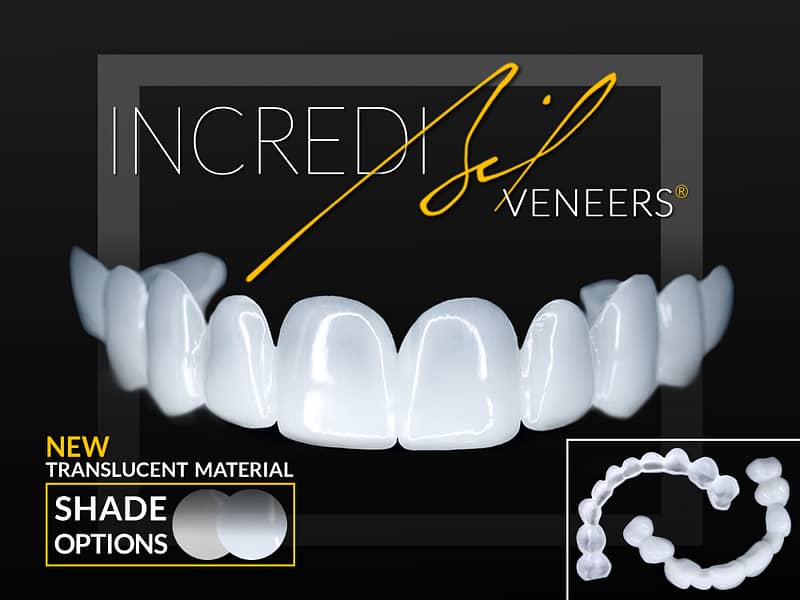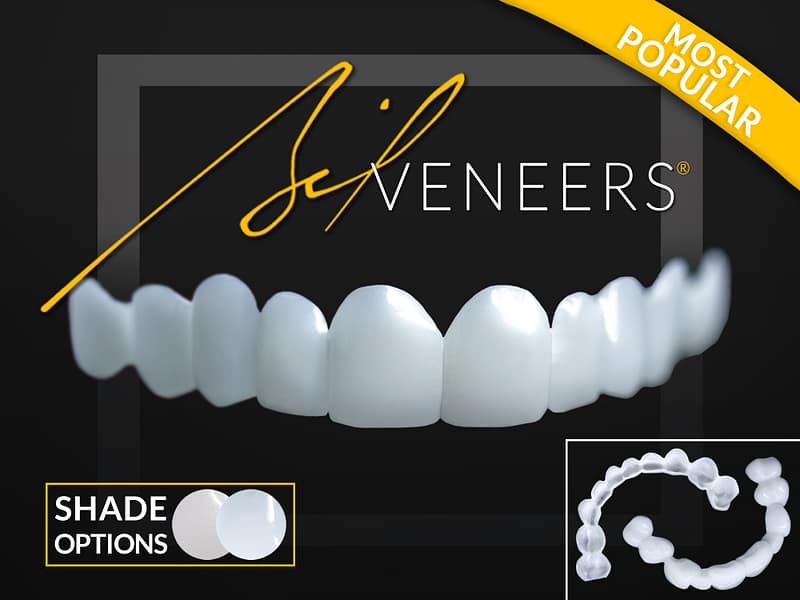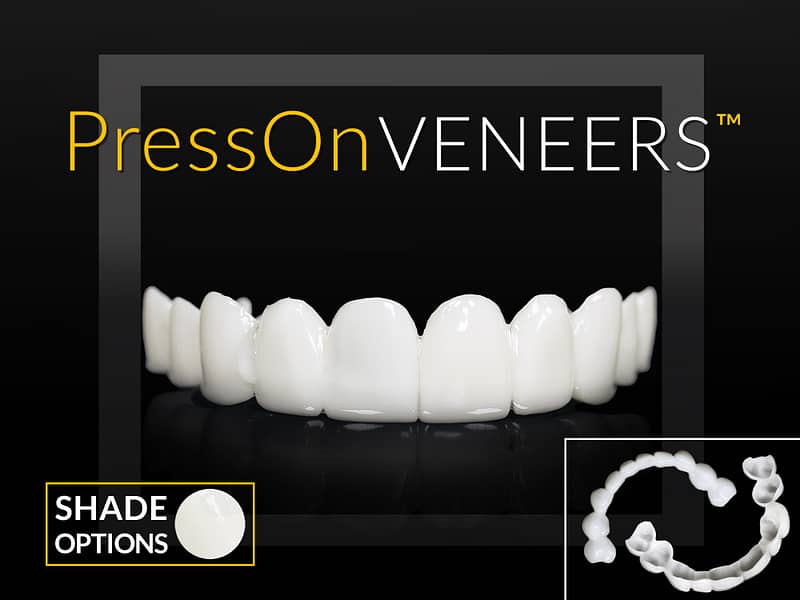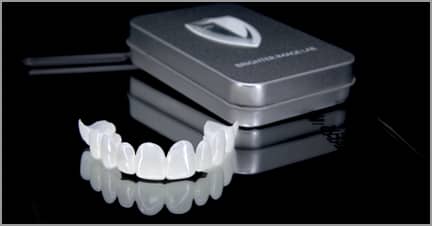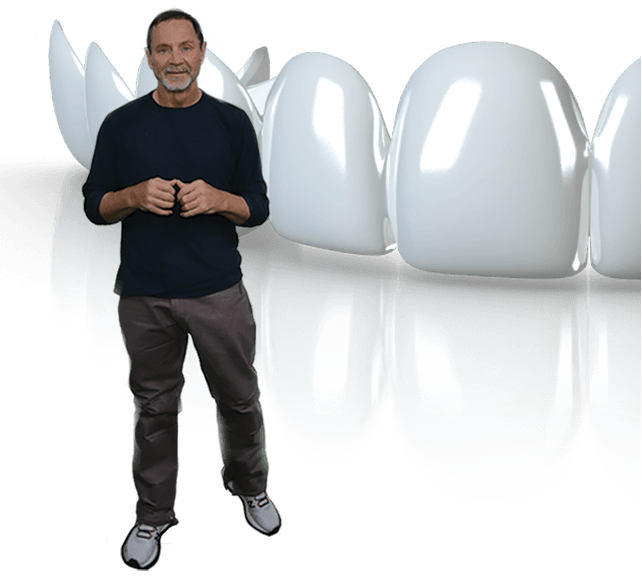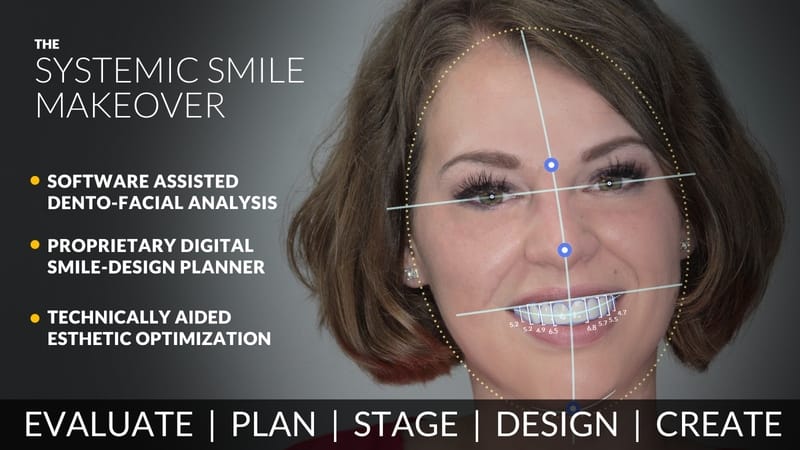Introduction
Did you know that smiling is more rewarding to your brain than a bar of chocolate? Or that smiling in stressful times can alleviate pain, high blood pressure, and even boost your mood?
Scientists have studied smiling for decades. Their research found a number of positives for our interpersonal relationships and our mental and physical health too.
There’s nothing Brighter Image Lab loves more than your smile. But what is the science of smiling, and why should you smile more?
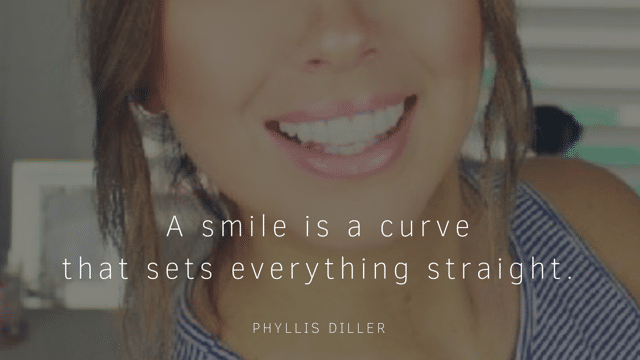
Science of Smiling
Humans have used smiling to express a wide range of emotions, but what is it that we truly know about smiles? Here are some facts I bet you didn’t know!
- A smile is a contraction of two kinds of muscles. The first are the muscles around the cheeks that pull your lips upward. The second are the muscles around the eye socket that create the shape of crow’s feet. [1]
- A genuine smile is known as the Duchenne smile and requires the use of both muscles. [1] French neuroscientist Guillaume Duchenne discovered the link between these muscles and the display of real happiness.
- When someone smiles at us, we smile back automatically. Our brains have special cells that activate when interacting with others, helping us observe and mimic behavior. Mimicking behavior is important for the learning centers of our brain, and helps us to sympathize with other people.
The science of smiling is fascinating, but what are the benefits to smiling more?
Smiling Makes Us Seem Friendlier
According to behavioral researchers, smiling helps others see us as friendlier, warmer, and less aggressive. [4] It reduces perceived stress in others when we smile at them.
This survey from the American Academy of Cosmetic Dentistry shows that many adults view a good smile to be helpful in romantic relationships, and a bad smile to be a barrier to job seekers. [4]
Different types of smiling can also affect how people view us. A recent post from this neuroscience news site shows that smiling can be used to rebuild relationships, even when someone has been untrustworthy.
Those that smile more often tend to have stronger relationships with friends, family, and significant others. Smile more to strengthen relationships around you!
Smiling Improves Your Mental Health
When you smile, your brain releases endorphins like serotonin and dopamine. Both chemicals are linked to our level of happiness.
Serotonin is linked to easing stress, lowering heart rate, and reducing blood pressure. Dopamine controls the brain’s pleasure and reward system, which helps us feel motivated and happy. [2]
In one study from 2009, scientists studied people who could no longer frown due to Botox injections. [5] The project participants reported that they had less feelings of general anxiety, and were happier, on average, than those who can frown. The science of smiling has suggested a link between our facial expressions, and our emotions.
You can also trick yourself into feeling better. Neurologists have found that faking a smile or a laugh can increase the amount of natural dopamine and serotonin released by our brains. Sometimes you really can fake it until you make it!

Smiling and Physical Health
Dopamine and Serotonin don’t just help how we feel emotionally, reports from the MAYO clinic shows smiling can have positive physical effects.
Higher levels of dopamine are have been known to combat pain and fatigue, as well as boost our immune system. When we smile or laugh, our brain sends the body signals to better help fight off infection and disease. [3]
Serotonin reportedly lowers the heart rate and helps with stress. One study from 2012 showed that those who smile through stressful events have quicker cardiovascular recovery times. [2]
Some studies even suggest smiling can help in longevity. [3] The research theorizes that those with genuine smiles, especially women, were less likely to experience heart disease.
The science of smiling comes with many great benefits to our physical health, we should all try to smile more!
How We Can Help You Smile More
Unlike cosmetic dentists that can charge upwards of $20,000 for a new smile, we at Brighter Image Lab work hard to provide you with a more affordable solution for under $1,000.
Brighter Image Lab has worked diligently for over 20 years to help people reach their full smile potential. Will you let us help you reach yours?
Try our 2-minute facial analysis quiz to see if we could be a fit for you!
Smile Testimonies
Here are some real client testimonies that showcase how Brighter Image Lab and the science of smiling has been able to help them.
Glenn S.
“I am not the same person after receiving and wearing my BIL veneers. My teeth are not in the best of condition and dental costs are extremely expensive. My veneers have changed the total outlook of myself and I keep receiving constant appraisal of great my smile looks. Thanks to Brighter Image Lab I have heightened self-esteem and a higher level of confidence. I give my sincerest thanks to the BIL team for their support and professionalism. Thank you!”
Debbie R.
“Brighter image has made my life so much easier to smile to be happy to show off and to tell people about how I got my small back. People will say wow there’s something different about you and I say what my smile yes it’s wonderful thank you so much brighter image.”
Audra Y.
“Getting veneers from Brighter Image Lab was the best thing I have ever done. It has changed my life in so many ways. After sustaining an injury to my face while serving in the Marine Corps, I was left with severely chipped front teeth and a tooth that turned Brown and dead. I hated smiling and I’d always look down when I talked to people so they wouldn’t see how terrible my teeth are. See the difference for yourself! Thanks, BIL.”
Read more client testimonies here!
Citations
[1] Jaffe, Eric. “The Psychological Study of Smiling.” Association for Psychological Science – APS, Psychologicalscience.org, 11 Feb. 2011, www.psychologicalscience.org/observer/the-psychological-study-of-smiling.
2. Kraft, Tara, and Sarah Pressman. “Grin and Bear It! Smiling Facilitates Stress Recovery.” Association for Psychological Science – APS, 30 July 2012, www.psychologicalscience.org/news/releases/smiling-facilitates-stress-recovery.html.
3. Lawrence, Elizabeth M., et al. “Happiness and Longevity in the United States.” Social Science & Medicine, Pergamon, 18 Sept. 2015, www.sciencedirect.com/science/article/abs/pii/S0277953615301222?via%3Dihub.
4. Wang, Ze, et al. “Smile Big or Not? Effects of Smile Intensity on Perceptions of Warmth and Competence.” OUP Academic, Oxford University Press, 29 Oct. 2016, academic.oup.com/jcr/article-abstract/43/5/787/2687770?redirectedFrom=fulltext.
5. Wenner, Melinda. “Smile! It Could Make You Happier.” Scientific American, Scientific American, 1 Sept. 2009, www.scientificamerican.com/article/smile-it-could-make-you-happier/.




